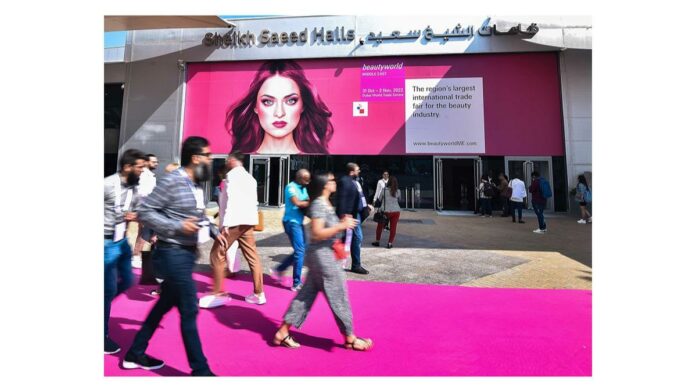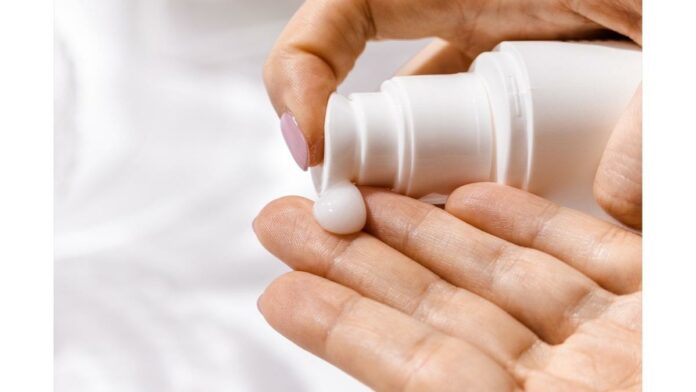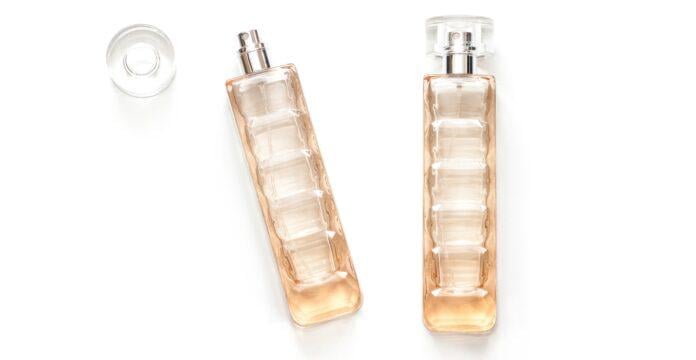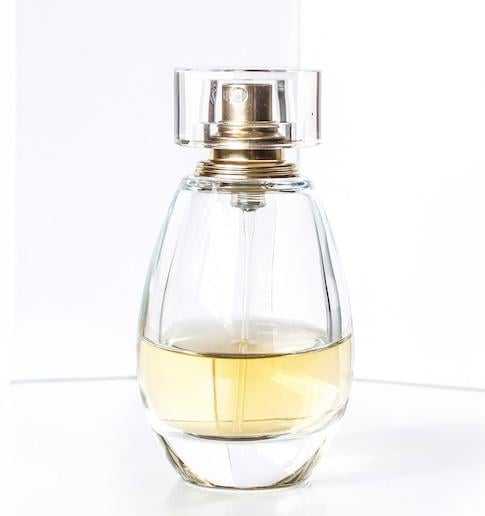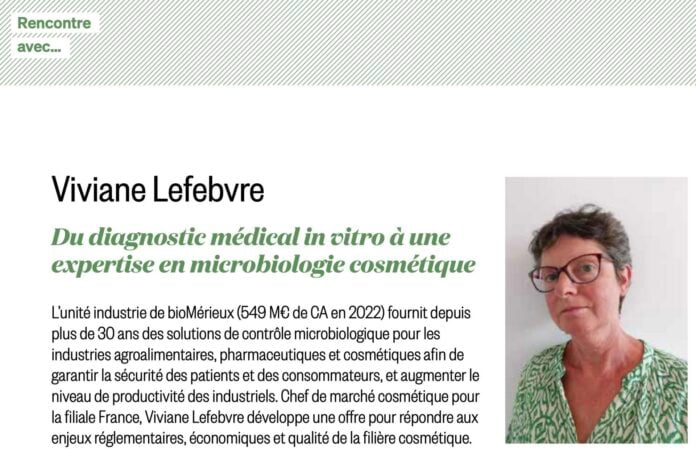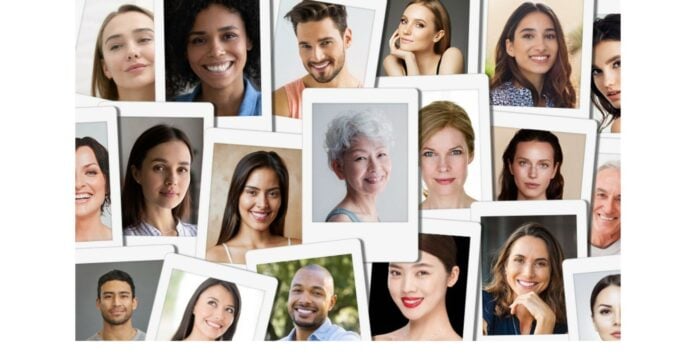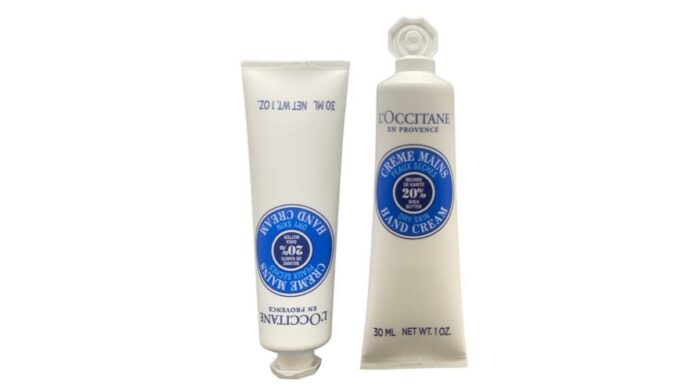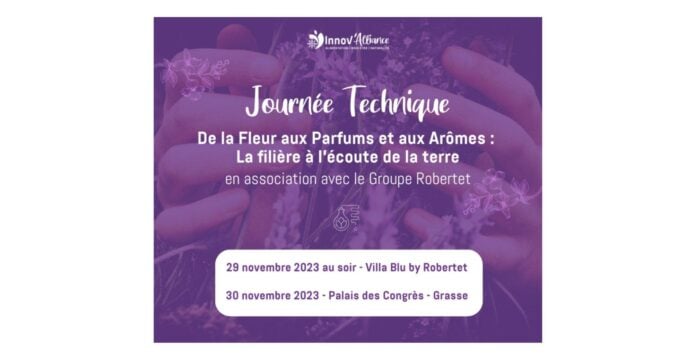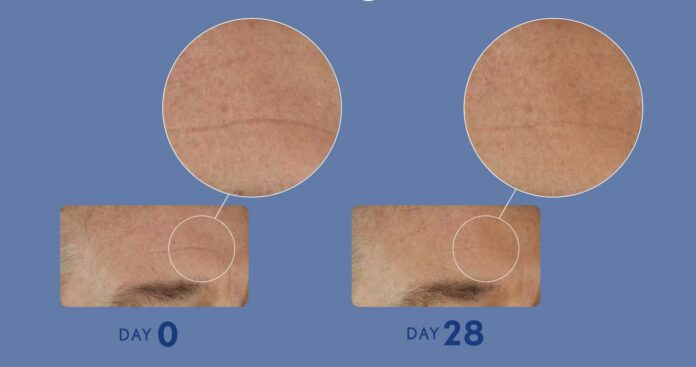A total of 62 Brazilian companies from Beautycare Brazil (a project to internationalize the Brazilian cosmetics, toiletries and fragrances industry) are exhibiting at the 27th edition of Beautyworld Middle East 2023 (held from October 30 to November 1, in Dubai, United Arab Emirates). This is a record number of exhibiting companies since the first agreements were signed 20 years ago between Abihpec (Brazilian Association of the Cosmetics, Toiletries and Perfumes Industry) and ApexBrasil (Brazilian Trade and Investment Promotion Agency), who coordinate the sector project.
Most companies are concentrated in the Brazilian zone, but brands are also spread across other pavilions.
"At the previous edition of the show, during the three-day event, 2,383 business meetings took place, totaling $5.7 million in international sales, with the hope of reaching a further $50 million over the following 12 months. Our expectations for this edition are very positive and proportional to the record number of participating companies, mainly in terms of promoting the image of Brazil and its companies at the event, and business expansion. It will undoubtedly be an unforgettable moment of commercial promotion for the Brazilian CT&F sector (cosmetics, toiletries and fragrances) for interested audiences in the United Arab Emirates and other countries in the region".said Gueisa Silvério, International Business Manager at Abihpec.
A Green Zone in the Brazilian pavilion
Beautycare Brazil has created a new zone within the Brazilian pavilion: the Green Zone.
This year, two companies are taking part: i9 Soluções, a Brazilian leader in the production of sustainable hairbands, and Souvie, an organic cosmetics company.
The hairbands offered by i9 Soluções are innovative, environmentally-friendly products, 100 % recyclable, reusable and metal-free, made from sustainable resources. They are a genuine tool developed exclusively for professional hairdressers, featuring two exclusive technologies that optimize performance and safety during the bleaching process.
In particular, Souvie has developed a certified organic sun cream, a foundation enriched with a selection of natural active ingredients - the first certified organic foundation in Brazil, and a primer enriched with an innovative active ingredient derived from organic Indian ginseng root, designed to protect the skin from damage caused by exposure to blue light.
Photo: © Delia Dobrescu




